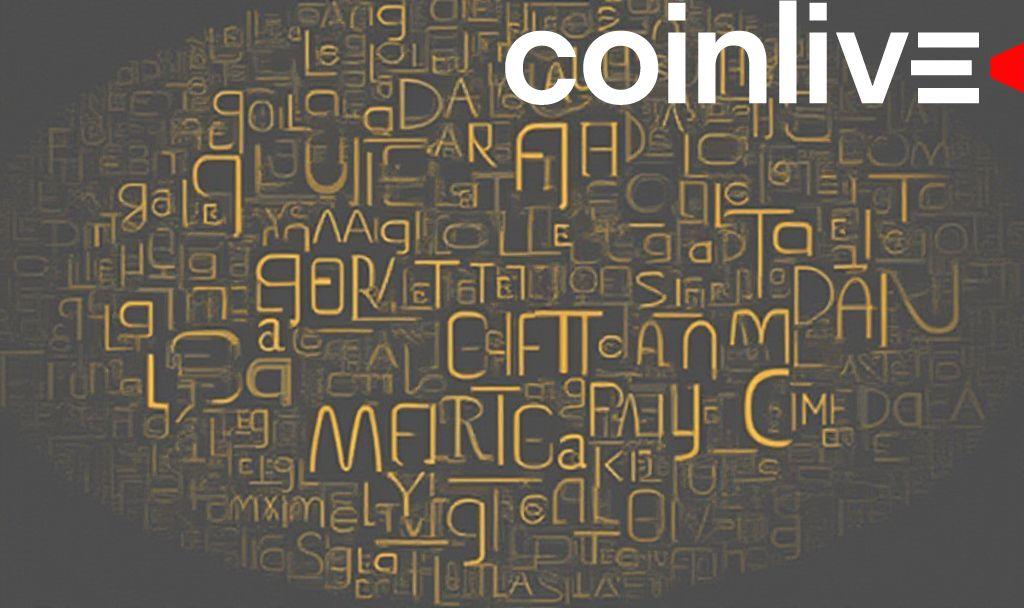- Lido proposes stETH holders’ governance rights upgrade.
- Enhancing community participation in Lido.
- Aim to solidify decentralized governance.

Lido Finance, a leader in Ethereum liquid staking, has proposed a governance upgrade affecting stETH holders. The company aims to expand governance capabilities to include these holders, enhancing decentralization by aligning incentives. The proposal is rooted in fostering broader community engagement.
Objectives and Vision
The primary objective is to empower stETH holders with governance rights, aligning with Lido’s goal of increased decentralization. Sam Kozin, a key contributor, previously emphasized aligning incentives among all participants. The proposal aligns with Lido’s long-term vision for decentralization.
“The dual governance process is all about aligning incentives between all participants,” reflecting a long-term vision among core contributors for this approach. — Sam Kozin, Former Lead Developer, Lido Finance
Impact on Governance Dynamics
stETH holders and LDO token holders would see changes in governance dynamics. This shift aims to avert centralized governance decisions and bolster protocol resilience. The proposal may influence future staking flows, crucial for maintaining stability in staking.
Financial and Technological Implications
Financially, the move does not involve new funding but focuses on strengthening staker empowerment. Lido emphasizes “accountability and decentralization,” which could impact stETH value and LDO governance structure, promoting long-term protocol robustness. From a technological standpoint, introducing a dual governance system highlights the adaptive nature of DeFi protocols like Lido. The change may encourage higher community engagement and serve as a precedent for decentralized governance in the industry. Regulatory responses remain to be seen.








